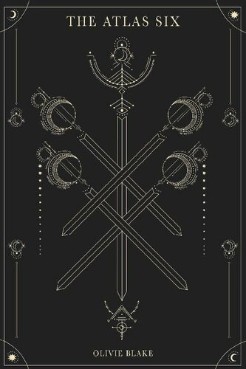Perhaps it was a tired thing, all the references the world had already made to the Ptolemaic Royal Library of Alexandria. history had proven it endlessly fascinating as a subject, either because the obsession with what it might have contained was bounded only by the imagination or because humanity typically longs for things most ardently as a collective. All men can love a forbidden thing, generally speaking, and in most cases knowledge is precisely that; lost knowledge even more so. Tired or not, there is something for everyone to long for when it comes to the Library of Alexandria, and we have always been a species highly susceptible to the call of the distant unknown.
Before it was destroyed, the library was said to contain over four hundred thousand papyrus scrolls on history, mathematics, science, engineering, and also magic, which advanced in scope and progress as much as any other topic of study. Many people incorrectly assume time to be a steady incline, a measured arc of growth and progress, but when history is written by the victors the narrative can often misrepresent that shape. In reality, time as we experience it is merely an ebb and flow, more circular than it is direct. Social trends and stigmas change, and the direction is not always forward. Magic is no different.
The little-known truth of the matter is that the Library of Alexandria burned down to save itself. It died to rise again, in something less metaphorically phoenix-like and more strategically Sherlockian. When Julius Caesar rose to power, it became obvious to the ancient Caretakers that an empire could only sit successfully upon a chair of three legs: subjugation, desperation, and ignorance. They knew, too, that the world would forever be besieged by similar pursuits of despotism, and therefore determined that such a valuable archive of wisdom would have to be carefully hidden in order to survive.
It was an old trick, really, death and disappearance so to start again, which depended entirely on the library’s ability to keep its own secret. The medeians, the most learned among the magical population, were permitted to use the pieces they squirreled away so long as they accepted an equal obligation to care for them. In the society that grew from the library’s remains, privileges for its members were as unmatched as their responsibilities. All the knowledge the world possessed existed at their fingertips, and all they had to do in return was continue to nurture it, to make it grow.
